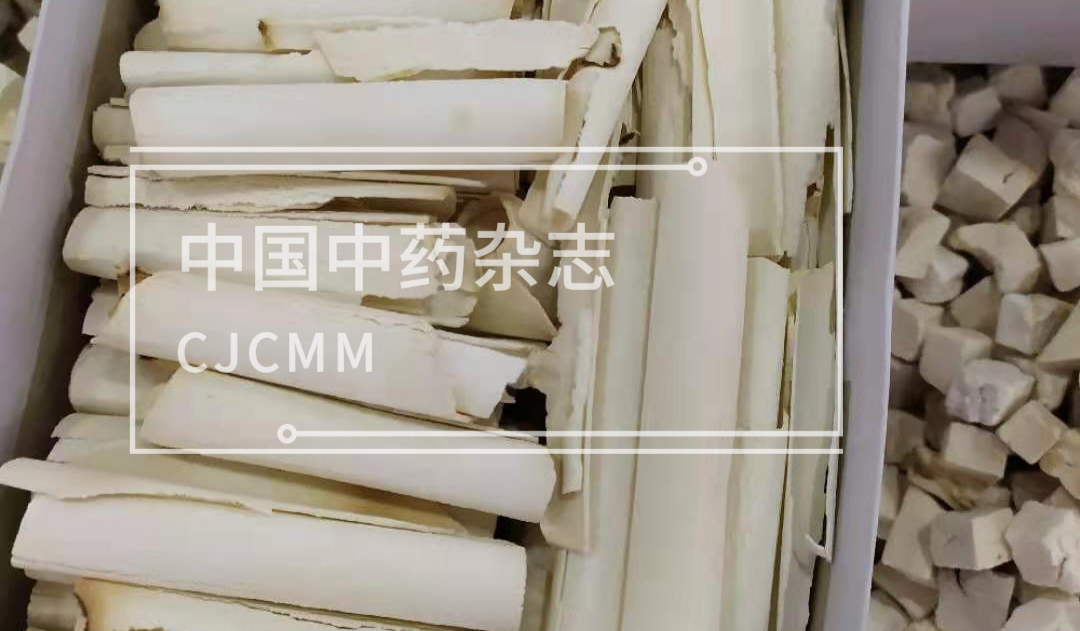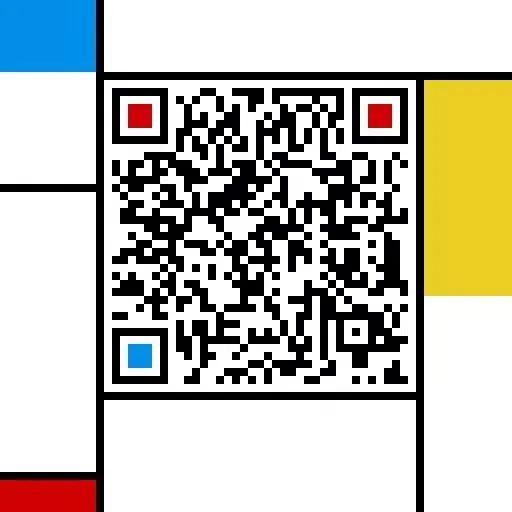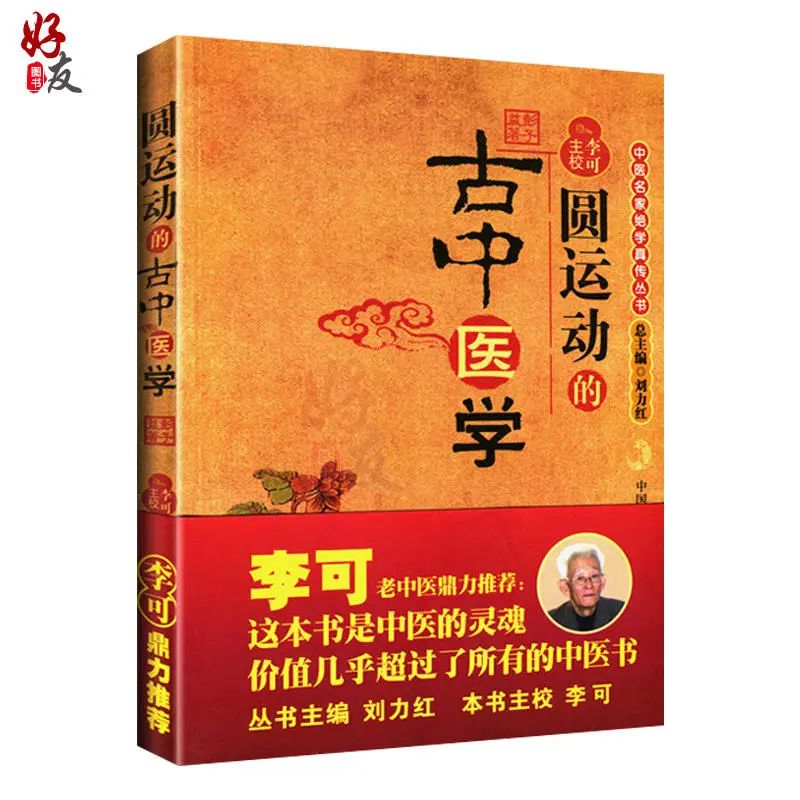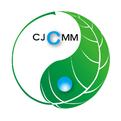
Author | Chen Yuhan Editor | Chunfeng Review | Xiao Ye
Currently, a significant number of patients in clinical practice experience symptoms such as lack of energy, fatigue, poor appetite, and decreased cognitive function due to irregular eating habits, habitual skipping of breakfast, frequent late nights, and excessive work stress. These symptoms are indicative of Qi deficiency, particularly Spleen and Stomach Qi deficiency.
In such cases, one can try the Ren Shen Bu Xu Tang (Ginseng Qi Nourishing Decoction) with modifications for better regulation, which generally yields good results.
Ren Shen Bu Xu Tang
The Ren Shen Bu Xu Tang originates from the royal medicinal formula collection Yu Yao Yuan Fang by the Yuan dynasty court physician Xu Guozhen, and is an excellent formula for treating Qi deficiency.
The basic composition includes: Ren Shen (Ginseng) 12g, Huang Qi (Astragalus) 15g, Chen Pi (Dried Tangerine Peel) 9g, Dang Gui (Angelica Sinensis) 12g, Rou Gui (Cinnamon) 6g, Xi Xin (Asarum) 3g, Qian Hu (Peucedanum) 9g, Bai Shao (White Peony) 12g, Gan Cao (Licorice) 6g, Fu Ling (Poria) 15g, Mai Men Dong (Ophiopogon) 9g, Jiang Ban Xia (Pinellia) 9g, Shu Di Huang (Rehmannia) 24g, 5 slices of fresh ginger, and 3 dates.
The name Ren Shen Bu Xu Tang indicates that this formula is excellent for nourishing deficiency. It can be used when one experiences insufficient energy, lack of appetite, constant fatigue, and drowsiness.
When it comes to nourishing Qi, everyone thinks of Ren Shen. Ginseng is particularly adept at greatly replenishing Yuan Qi.
In clinical practice, many doctors use large amounts of ginseng to revive critically ill patients with severely depleted Yuan Qi and weak pulses, effectively bringing them back from the brink of death, demonstrating the significant efficacy of ginseng in Qi replenishment.
Ginseng not only nourishes Spleen Qi but also Lung Qi and the Qi of various organs, making it effective for various patients with Qi deficiency.
However, since this is for regular nourishment, the dosage does not need to be excessive; too much can lead to heat symptoms.
Ginseng is often paired with Huang Qi to jointly replenish Qi. Ginseng focuses on nourishing the Qi of the internal organs, while Huang Qi emphasizes the enhancement of defensive Qi and Spleen Qi, providing good protection for the body’s surface.
This can be likened to an ancient state where the chancellor represents ginseng, managing internal affairs and promoting unity and productivity, while Huang Qi often acts as the general, responsible for defending against external threats and safeguarding the territory.
Of course, Huang Qi can also assist ginseng in nourishing Spleen Qi, thereby regulating the core organ of life activities, the Spleen.
Bai Shao (White Peony) is an excellent herb for nourishing blood and softening the liver. In this formula, Bai Shao can both replenish liver blood in conjunction with ginseng and Huang Qi, achieving a dual effect of nourishing Qi and blood. Additionally, Bai Shao is slightly cooling, which can temper the warming nature of ginseng and Huang Qi, preventing excessive heat from arising due to over-nourishment.
Dang Gui (Angelica Sinensis) also nourishes blood but is warming in nature. The combination of Dang Gui and Bai Shao enhances the blood-nourishing effect while balancing warmth and coolness, achieving Yin-Yang harmony.
Furthermore, Qi stagnation leads to phlegm and fluids. There is a close relationship between Qi deficiency and phlegm-dampness; insufficient Qi cannot promote the distribution of body fluids, leading to the accumulation of pathological products—phlegm and dampness.
When phlegm and dampness accumulate in the body, it obstructs the meridians, affecting the Spleen and Stomach’s ability to transform and transport Qi and blood. This explains why some people experience heat symptoms after taking tonics; it is largely due to the accumulation of phlegm and dampness in the body, which hinders the digestion and absorption of the tonics.
Chen Pi (Dried Tangerine Peel) can regulate Qi and transform phlegm, and it also has a certain effect on strengthening the Spleen. Here, Chen Pi can promote the body’s absorption of nourishing herbs like ginseng through its phlegm-transforming and Qi-regulating properties.
Ban Xia (Pinellia) can transform phlegm and stop vomiting. In clinical practice, Ban Xia is frequently used for patients with phlegm-dampness.
Fu Ling (Poria) can strengthen the Spleen and transform dampness. On one hand, Fu Ling can replenish Spleen Qi, enhancing the Spleen and Stomach’s digestive and absorptive functions. On the other hand, Fu Ling can help expel dampness from the body through urination.

Chen Pi, Ban Xia, Fu Ling, fresh ginger, and dates combined together resemble the Er Chen Tang (Two Aged Decoction).
Rou Gui (Cinnamon) can replenish Kidney Yang, while Shu Di Huang (Rehmannia) nourishes Kidney Yin, achieving a balance of Yin and Yang.
Gan Cao (Licorice) has a certain effect on tonifying Middle Qi. Mai Men Dong (Ophiopogon) nourishes Yin, preventing the formula from becoming overly warm and dry.
Traditional Chinese Medicine (TCM) holds that Qi is fundamental to human life. Middle Qi (Spleen and Stomach Qi) digests and absorbs food, transporting the absorbed nutrients to various organs, sustaining life activities.
The Spleen and Stomach serve as the hub for the absorption and transportation of Qi and blood in the body, akin to a high-speed rail hub, where the circulation of Qi and blood relies on the Spleen and Stomach for transport and regulation.
When Spleen and Stomach Qi is deficient, symptoms such as poor appetite, indigestion, diarrhea, and loose stools may occur, which over time can lead to nutritional deficiencies, anemia, and dizziness.
Defensive Qi (Wei Qi) protects against external pathogenic factors, much like a general guarding the borders of the body.
When Wei Qi is deficient, external pathogens can easily invade, leading to colds and allergies. Additionally, deficient Wei Qi cannot retain body fluids, resulting in spontaneous sweating and night sweats.
Lung Qi deficiency can lead to shortness of breath, fatigue with minimal exertion, and frequent colds. Kidney Qi deficiency may result in frequent urination, nocturnal emissions, and heavy menstrual flow.
What conditions can Ren Shen Bu Xu Tang treat?
Spleen and Stomach Disorders
If the condition is due to Spleen and Stomach Qi deficiency, presenting with poor appetite, bloating after eating, chronic fatigue, lack of energy, and possibly dizziness, diarrhea, or loose stools, this formula can be used.
If there is some digestive discomfort or food stagnation, one can add a bit of Shan Zha (Hawthorn), Chao Ji Nei Jin (Fried Chicken Inner Gold), or Mai Ya (Barley Sprout) to enhance digestion. If there are frequent diarrhea episodes, or undigested food residues in the stool, one can add a bit of Gan Jiang (Dried Ginger), Wu Wei Zi (Schisandra), or Rou Dou Kou (Nutmeg) to strengthen Yang and stop diarrhea.
However, if the Spleen and Stomach disorder is due to internal heat, presenting with a burning sensation in the stomach, a preference for cold drinks, a red tongue, and yellow coating, or if it is clearly due to food stagnation, presenting with bloating, stomach pain, belching with sour and foul gas, this formula is not suitable.
Post-Illness Recovery
Generally, patients recovering from serious illnesses, especially the elderly, exhibit significant signs of weakness.
Such patients often feel fatigued, lack energy, have decreased cognitive function, and become easily exhausted with work or exercise. Their pulse is usually weak, the tongue is enlarged with clear tooth marks, and the color is pale.
Whether recovering from a serious illness or major surgery, the body’s vital energy and blood are significantly depleted. At this time, this formula can be used.
If there are signs of Middle Yang deficiency, such as a cool abdomen, a dislike of cold, and a preference for warm drinks, with morning diarrhea, one can add Gan Jiang (Dried Ginger) or Bai Zhu (Atractylodes).
If there is significant blood deficiency, presenting with pale lips and nails, and a pale tongue, one can increase the dosage of Dang Gui, Bai Shao, and Shu Di Huang. For insomnia due to blood deficiency, one can add a bit of Suan Zao Ren (Sour Jujube Seed), Ye Jiao Teng (Fleeceflower Stem), or Yuan Zhi (Polygala).
Additionally, it is important to use this formula under the guidance of a physician to avoid adverse effects due to inappropriate use or dosage.


Long press to scan the code to add the editor on WeChat (chunfeng52566)
Note “Join Group” to communicate with many friends about TCM
Recommended Articles:
You must have seen the berry hanging with red lanterns, but you may not know it can clear the lungs and benefit the throat, transform phlegm, and promote urination!Recommended Products:Ancient Chinese Medicine of Circular Motion, highly recommended by Dr. Li Ke, an introductory book on TCM, the soul of TCM. Click to read the original text to purchase!

▼ Click the card below to discover more TCM knowledgeThe content of this article is for reference only and does not represent the views of this publication. Non-TCM professionals should not attempt to use the herbs.Some images in this article are sourced from the internet for public dissemination; we thank the authors of these images. If there is any infringement, please contact us for removal.Original submissions: [email protected] (email), chunfeng52566 (WeChat); Business cooperation tcmrun (WeChat)

